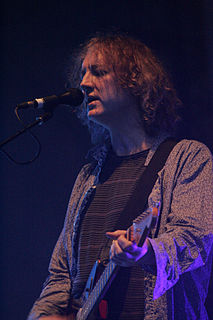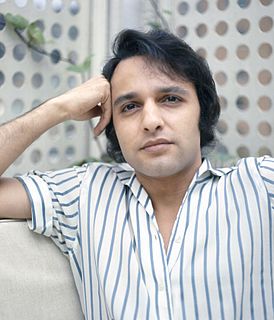A Quote by Samuel R. Delany
The poems ... are moments when I had the intensity to see, and the energy to build, some careful analog that completed the seeing. ... All I have been left is the exhausting habit of trying to tack up the slack in my life with words.
Related Quotes
I don't seem to have any real strategy or pattern when it comes to love... At times I've been really guarded and careful and afraid to trust someone. But other times, you want to jump in headfirst. I've had moments of thinking, this is who I love and I don't care what anyone says. Those moments are beautiful and wild and exciting, but I've learned that those moments can end up hurting you in the end. I've been careful in love. I've been careless in love. And I've had adventures I wouldn't trade for anything.
What does it mean to be a used white wife, a mother, a tragic girl writing poems? Sandra Simonds gets into these messy words and then tears them apart. Sometimes with the words of others. And sometimes with poems made from scratch. They aren't all bad, these words. But they aren't all good either. And that is where Mother was a Tragic Girl gets its power. You will at moments be laughing but then you will also at moments just as much be crying. If Antigone was alive and decided to write some poems about the nuclear family, she would write them like Sandra Simonds. These are tough.
I love you," he writes again and again. "I can't bear to live without you. I'm counting the minutes until I see you." The words he uses are the idioms of popular songs and poems in the newspaper. And mine to him are no less cliched. I puzzle over the onionskin, trying to spill my heart onto the page. But I can only come up with the same words, in the same order, and hope the depth of feeling beneath them gives them weight and substance. I love you. I miss you. Be careful. Be safe.
The gentleman has nine cares. In seeing he is careful to see clearly; in hearing he is careful to hear distinctly; in his looks he is careful to be kind, in his manner to be respectful, in his words to be sincere, in his work to be diligent. When in doubt he is careful to ask for information; when angry he has a care for the consequences; and when he sees a chance for gain, he thinks carefully whether the pursuits of it would be right.
In the middle of this it was good to have some moments in which whatever was left of you could sit in silence. When you could remember. When the evidence that had gathered could be sorted. And it was a difficulty if another person imagined these moments were their property. Your life got sliced from two sides like a supermarket salami until there was nothing left in the middle. You were the bits that had been given away right and left to others. Because they wanted the piece of you that belonged to them. Because they wanted more. Because they wanted passion. And you did not have it.
The Premier League is what it is. Some people will see the intensity and quality as a great advantage for your players: it will make them better. Some will see it as a disadvantage because the players play at such a high level and such intensity, it's difficult for them to drum that up, that intensity, with a very short space of rest time.
And that desire-the strong desire to take pictures-is important. It borders on a need, based on a habit: the habit of seeing. Whether working or not, photographers are looking, seeing, and thinking about what they see, a habit that is both a pleasure and a problem, for we seldom capture in a single photograph the full expression of what we see and feel. It is the hope that we might express ourselves fully-and the evidence that other photographers have done so-that keep us taking pictures.
It's no longer possible to simply build English country houses out of words, because they've already been so thoroughly described that all the applicable words have been used up, and one is forced to build them instead out of words recycled and scavenged from other descriptions of other country houses.



































